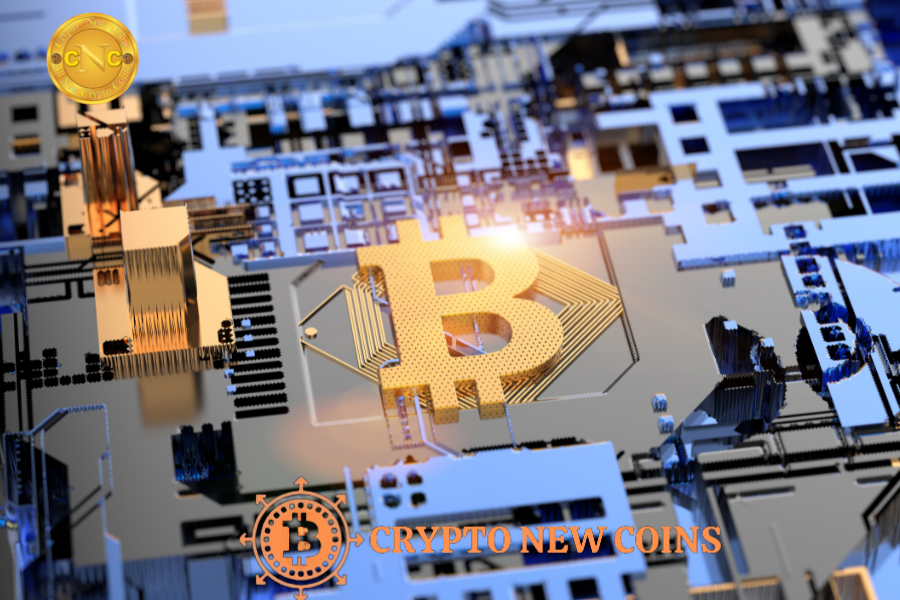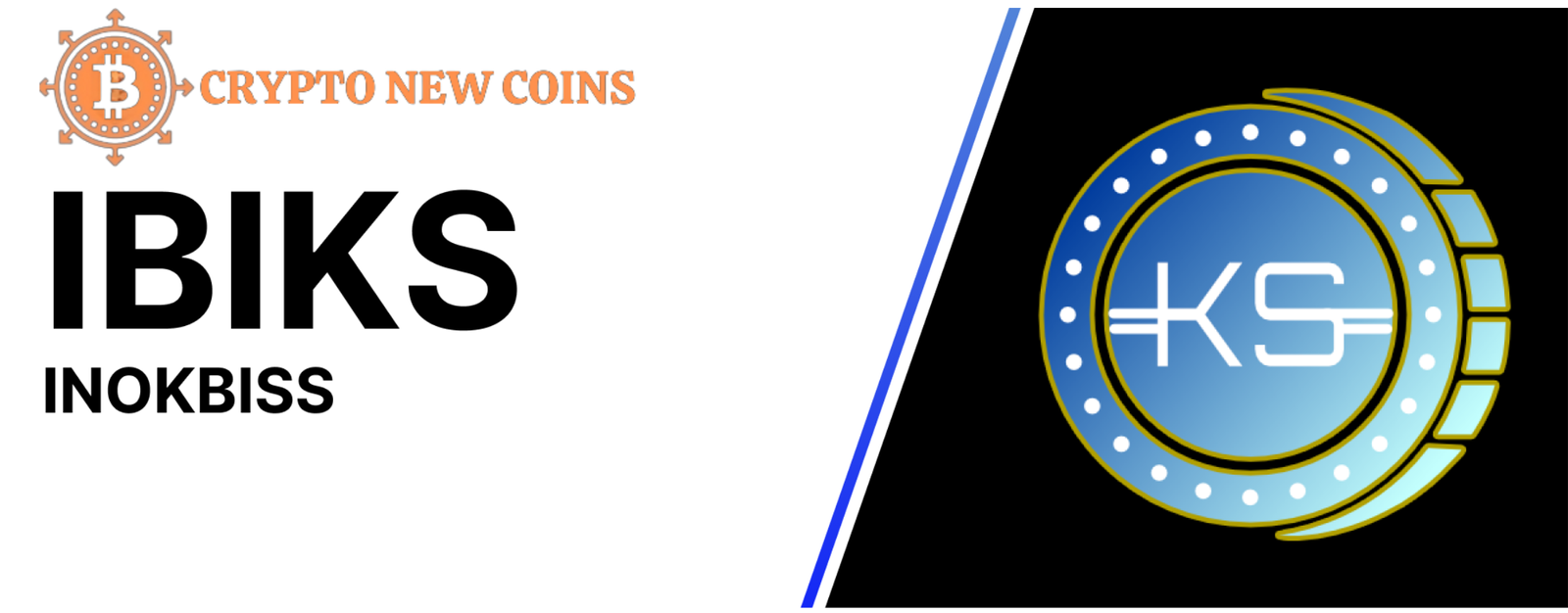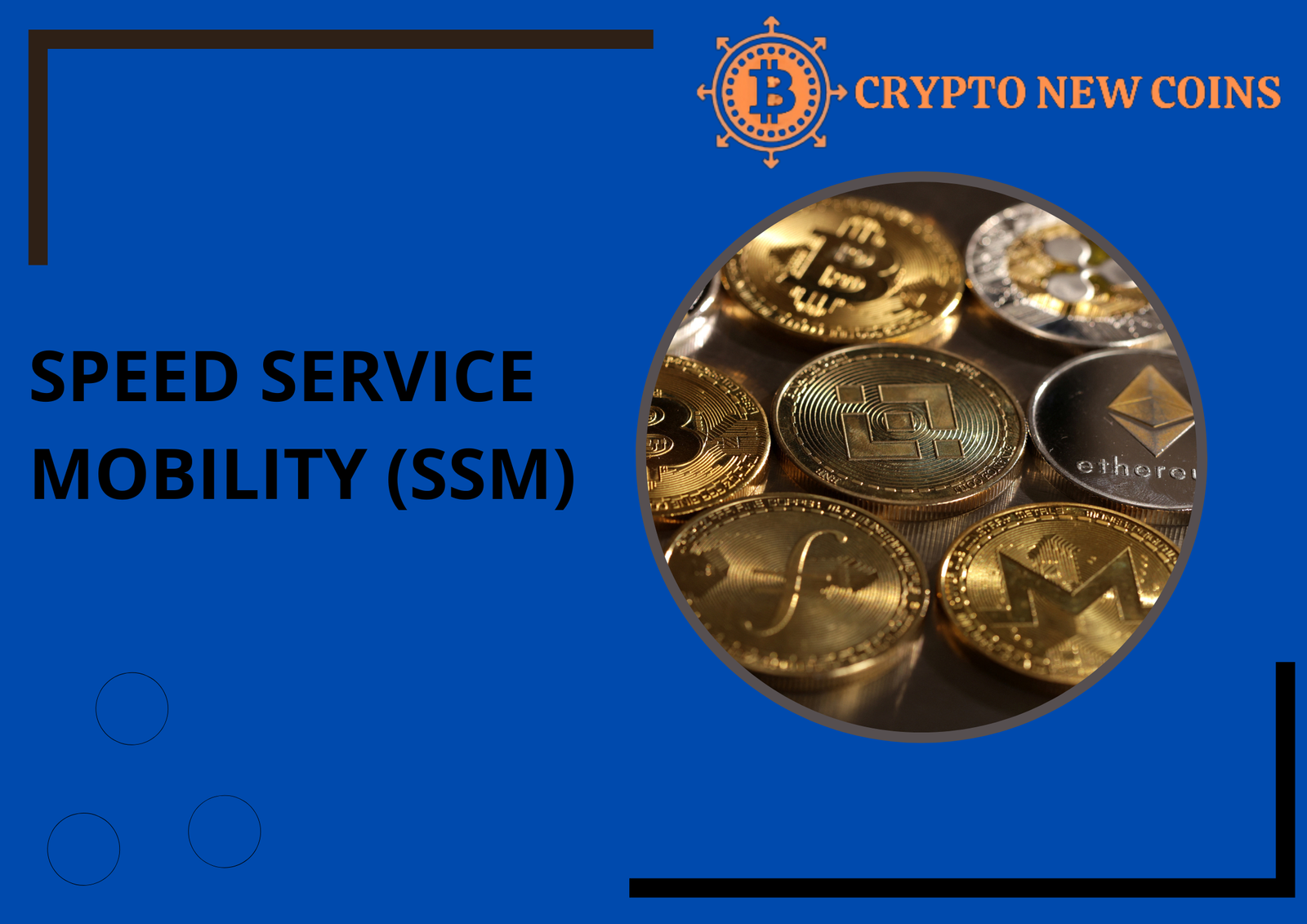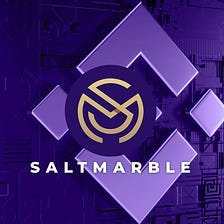Decentralized exchanges (DEX) have emerged as potential game-changer in the world of trading. Unlike centralized exchanges that rely on a single entity to facilitate trades, DEXs allow for peer-to-peer transactions, eliminating the need for intermediaries. This decentralization offers numerous advantages, such as increased security, transparency, and user control.
How do Decentralized Exchanges work?
Decentralized exchanges operate on a distributed network of nodes, with each node running a copy of the exchange software. Trades are executed directly between users, with the exchange acting as a platform for matching buyers and sellers. Users retain control of their funds throughout the transaction, reducing the risk of theft or loss.
One of the key features of DEXs is the use of smart contracts. These self-executing contracts allow for the automation of certain aspects of the transaction process, such as the settlement of trades. Smart contracts also enable the creation of more complex financial products, such as derivatives, without the need for intermediaries.
Advantages of Decentralized Exchanges
Decentralized exchanges offer several benefits over centralized exchanges. For one, they are more secure. Since users retain control of their funds throughout the transaction process, there is no single point of failure that can be exploited by hackers. Additionally, DEXs are more transparent, with all transaction data stored on the blockchain and visible to all users.
Another advantage of DEXs is their accessibility. Unlike centralized exchanges, which often require users to go through a lengthy KYC (Know Your Customer) process, DEXs can be accessed by anyone with an internet connection and a compatible wallet.
Finally, DEXs offer greater user control. Since trades are executed directly between users, there is no need to trust a third party with custody of your funds. This puts users in complete control of their assets, reducing the risk of theft or mismanagement.
Challenges Facing Decentralized Exchanges
Despite their numerous advantages, DEXs still face several challenges. One of the biggest is liquidity. Since trades are executed directly between users, there may not always be enough buyers or sellers to facilitate a trade. This can result in higher spreads and longer wait times for trades to be executed.
Another challenge is the complexity of the user interface. While some DEXs have made significant strides in improving their UI, many still require users to have a certain level of technical expertise in order to use the platform effectively.
Finally, there is the issue of regulation. Since DEXs are decentralized and operate on a peer-to-peer basis, it can be difficult for regulators to enforce rules and prevent fraudulent activity. This lack of oversight may deter some investors from using DEXs.
List of Decentralized Exchanges (DEX)
Here’s a list of some popular Decentralized Exchanges (DEX) and a brief introduction to each:
- Uniswap: Launched in 2018, Uniswap is a decentralized exchange built on the Ethereum blockchain. It uses an automated market-making (AMM) system to facilitate trades and offers a wide range of ERC-20 tokens for trading.
- PancakeSwap: PancakeSwap is a decentralized exchange built on the Binance Smart Chain. It offers a range of decentralized finance (DeFi) products, including yield farming, staking, and liquidity provision.
- Sushiswap: Sushiswap is a decentralized exchange built on Ethereum that offers a similar range of products to Uniswap, including liquidity provision and yield farming.
- 1inch Exchange: 1inch Exchange is a decentralized exchange aggregator that sources liquidity from multiple DEXs to offer users the best possible rates. It also offers a range of DeFi products, including liquidity provision and yield farming.
- Curve: Curve is a decentralized exchange that specializes in trading stablecoins. It uses an AMM system to facilitate trades and offers low slippage rates for stablecoin trades.
- Balancer: Balancer is a decentralized exchange built on Ethereum that uses a weighted AMM system to facilitate trades. It offers a range of DeFi products, including liquidity provision and yield farming.
- Kyber Network: Kyber Network is a decentralized exchange that allows for instant token swaps. It offers a range of ERC-20 tokens for trading and is integrated with a range of other DeFi platforms.
- Bancor: Bancor is a decentralized exchange built on Ethereum that uses a liquidity pool system to facilitate trades. It offers a range of ERC-20 tokens for trading and allows for the creation of new tokens on the platform.
Each of these DEXs offers its own unique features and advantages, but they all share the common goal of providing a decentralized and secure platform for trading cryptocurrencies and other digital assets.
Things to Consider While Choosing Decentralized Exchanges (DEX)
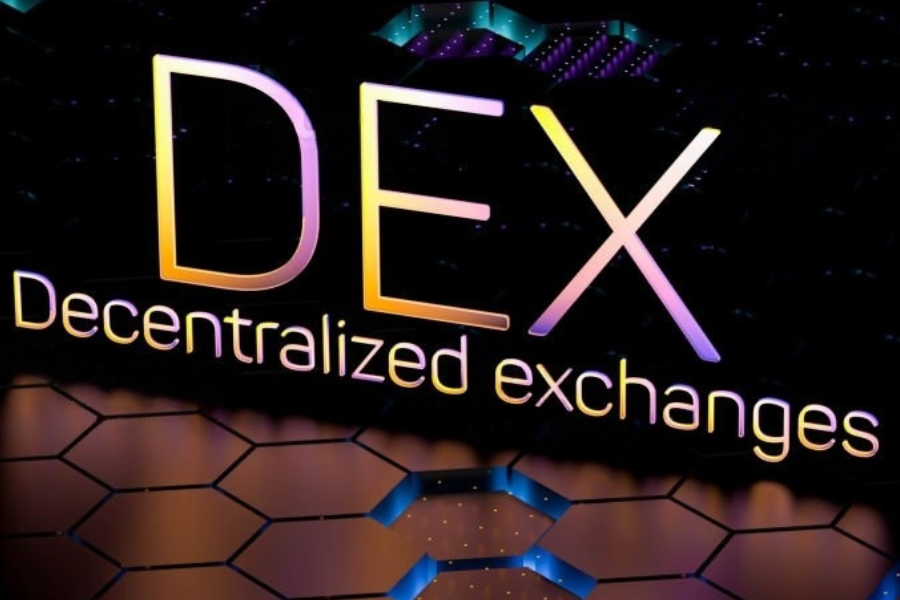
Decentralized Exchanges (DEX)
Decentralized exchanges (DEXs) have gained popularity in the cryptocurrency world because they offer greater security, privacy, and control over personal assets. With a growing number of DEXs available, it’s essential to consider several factors before choosing the right one for your needs. Here are some things to consider while choosing a decentralized exchange:
Security:
Security should be the top priority when choosing a DEX. Look for exchanges that implement robust security measures such as two-factor authentication, multi-sig wallets, and cold storage. It’s also essential to check if the exchange has been audited by reputable third-party firms to ensure that the platform’s code is secure and free from vulnerabilities.
Liquidity:
Liquidity is a critical factor for any exchange, as it determines how easy it is to buy or sell assets. Look for exchanges that have high trading volumes and support a wide range of assets. You can also check if the exchange has sufficient liquidity pools to ensure that there are enough buyers and sellers for your preferred assets.
User Interface:
The user interface is crucial to ensure that the exchange is easy to use and navigate. Look for exchanges that have a simple and intuitive interface, and offer features such as price charts, order books, and trading history.
Fees:
Fees are an essential consideration when choosing a DEX. Look for exchanges that offer low trading fees and transparent fee structures. Some exchanges also offer incentives such as rewards or reduced fees for providing liquidity to the platform.
Regulations:
Regulations around cryptocurrency trading vary by jurisdiction. Look for exchanges that operate in compliance with relevant laws and regulations in your region. It’s also essential to check if the exchange requires KYC/AML verification and whether you’re comfortable with the level of personal information required.
Customer Support:
In case of any issues or queries, it’s important to have access to reliable customer support. Look for exchanges that offer responsive customer support through multiple channels such as email, chat, or phone.
Choosing the right DEX requires careful consideration of several factors. By evaluating the security, liquidity, user interface, fees, regulations, and customer support, you can make an informed decision and choose an exchange that best fits your needs and goals.
Rating Table of Decentralized Exchanges
| Exchange | Security | Liquidity | User Interface | Fees | Regulations | Customer Support |
|---|---|---|---|---|---|---|
| Uniswap | High | High | Easy to use | Low | No KYC/AML | Good |
| PancakeSwap | High | High | Easy to use | Low | No KYC/AML | Good |
| Sushiswap | High | High | Easy to use | Low | No KYC/AML | Good |
| 1inch Exchange | High | High | Easy to use | Low | No KYC/AML | Good |
| Curve | High | High | Easy to use | Low | No KYC/AML | Good |
| Balancer | High | High | Moderate difficulty | Low | No KYC/AML | Good |
| Kyber Network | High | High | Easy to use | Low | No KYC/AML | Good |
| Bancor | High | High | Easy to use | Low | No KYC/AML | Good |
Note: Please note that the information provided in this table is for illustrative purposes only and should not be considered investment advice. It’s essential to do your own research and evaluate each exchange based on your specific needs and goals. Additionally, the rating of each feature can be subjective and may vary based on individual preferences and experiences.
FAQs
Q: Is Binance Dex or Dex?
A: Binance is a centralized exchange (CEX), meaning it is regulated and operated by a single authority. However, Binance also offers its own decentralized exchange (DEX) platform, which allows users to trade cryptocurrencies in a peer-to-peer manner while maintaining the security of their funds. Ultimately, whether you choose to use Binance or another DEX platform depends on your preferences and trading goals.
Final Thoughts
Despite the challenges they face, decentralized exchanges have the potential to revolutionize the trading industry. Their security, transparency, accessibility, and user control make them an attractive alternative to centralized exchanges. As the technology behind DEXs continues to evolve and improve, we can expect to see more and more investors turn to these platforms as a way to trade cryptocurrencies and other assets.


